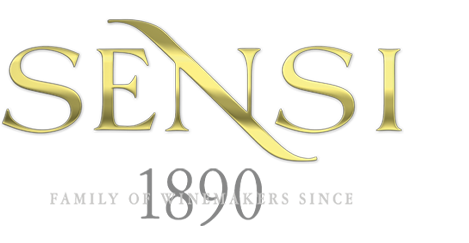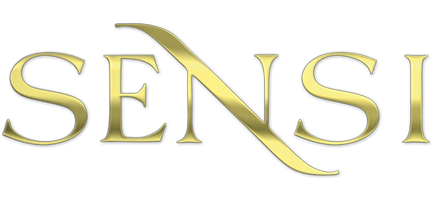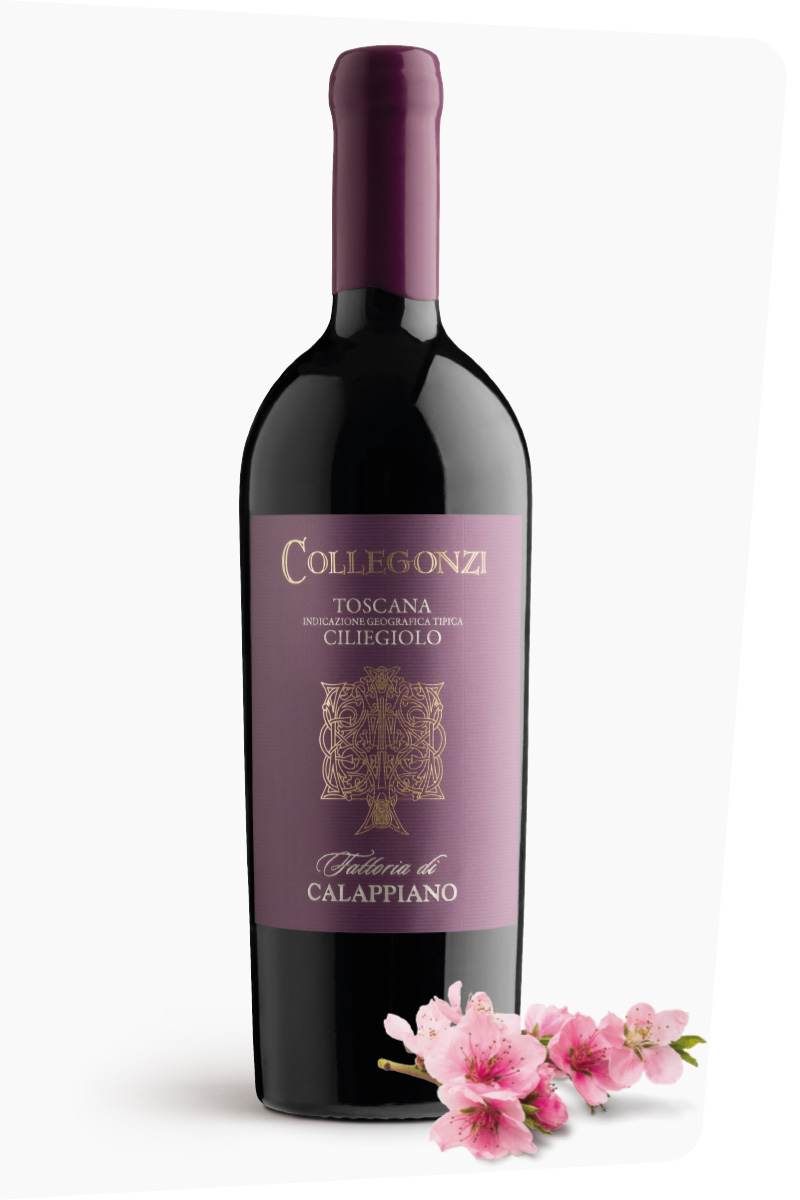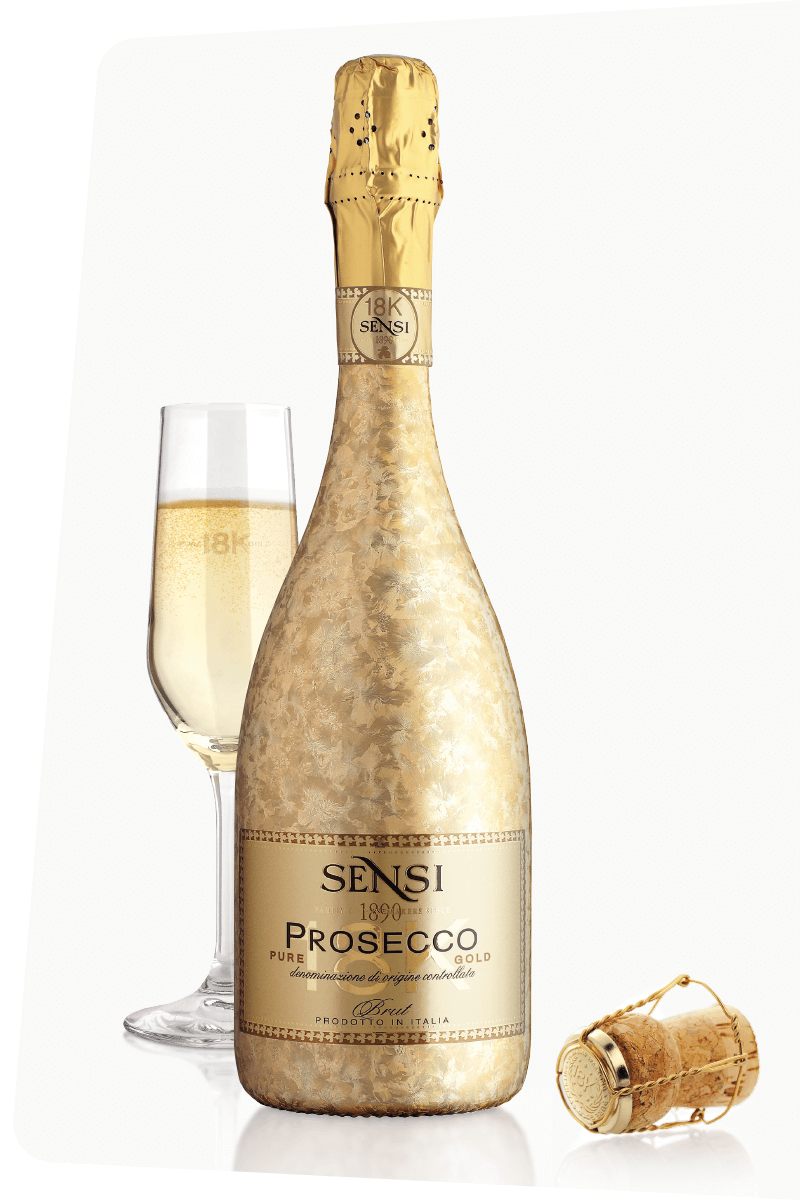Sensi Today
Newsletter n°28
COME TO TASTE OUR WINES AT PROWEIN!
You are invited to enjoy our jewels!
Dear Friends and Customers:
Sensi Vini is pleased to invite you to ProWein, Hall 16, Stand — G75, to taste the new wine vintages by Sensi, Fattoria di Calappiano, Poggio Scudieri, and 18K and to explore together many other novelties such as the new elegant Prosecco Pas Dosé sparkling wine.
We look forward to meeting you at ProWein from March 19 to 21!
Please kindly confirm your participation by e-mail to sensi@sensivini.com Sensi Prowein 2023

PROWEIN 2023
What's new at Prowein
18K PAS DOSE VELVET EDITION
The new 18K Pas Dosé is born! Perfect for every season to celebrate the important moments of the year but also as a precious gift to oneself to sip on a warm summer evening, perhaps in an exclusive club or during a sumptuous dinner. Why not dream when anything is possible? This elegant sparkling wine is for all wine enthusiasts who are seeking «a Hollywood red carpet dream atmosphere.”
The launch of 18K Pas Dosé Velvet Edition is dedicated to women — strong, intelligent, and sensual — fashion and a “rock attitude”. A packaging as red as a red carpet walked on by elegant and mysterious celebrities. This glamorous wrapping label brings back the most iconic Italian and French fragrances and a sensual vision of modern art.
«The name 18K Pas Dosé is a bit of a teasing,» says Massimo Sensi. «It is meant to refer to the most relevant traditional method sparkling wines, which are our goal in terms of quality and pleasantness, focusing on the quality and excellence of the best grapes, here vinified according to the Charmat method.”
18K Pas Dosé is made from 85% Glera grapes and 15% Pinot grapes grown in soils between the Treviso hills and the Valdobbiadene area. It is created by pressing whole clusters. It uses the Charmat method with selected yeasts and at a controlled temperature before aging on fine lees for at least two months. «A very selective choice of grapes takes place. Glera and Pinot are selected according to their altitude and exposure. They are vinified for 60 days to ensure that the process produces the best grape expression when in the glass,» says Massimo Sensi. Straw yellow in color, the 18K Pas Dosé has a fine perlage and crisp, elegant aromas, with hints of fruit and bread crust, pears, and apples, along with the delicate boost of herbs. It is fresh and fragrant on the palate, with a gentle structure and a long, enveloping finish.
Velvet Edition will be available in 2023 in Europe and overseas markets.
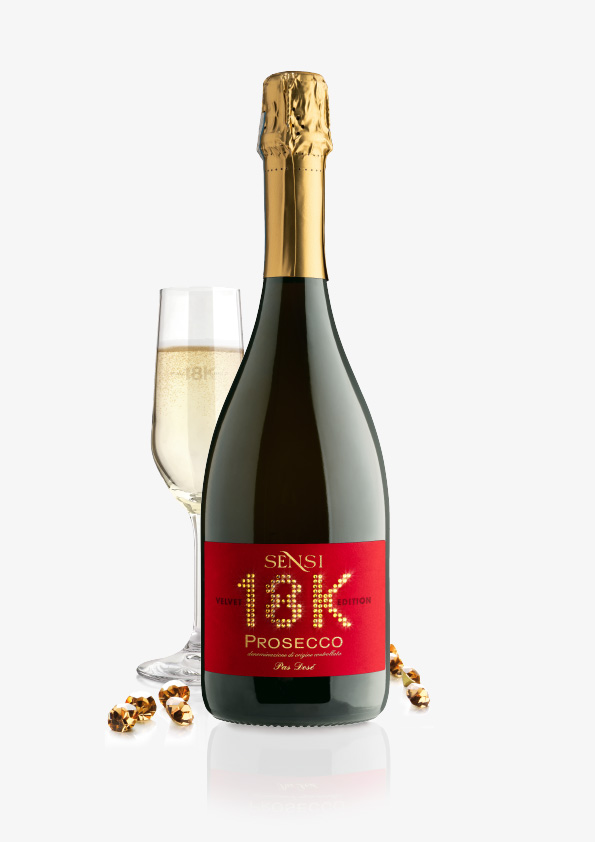
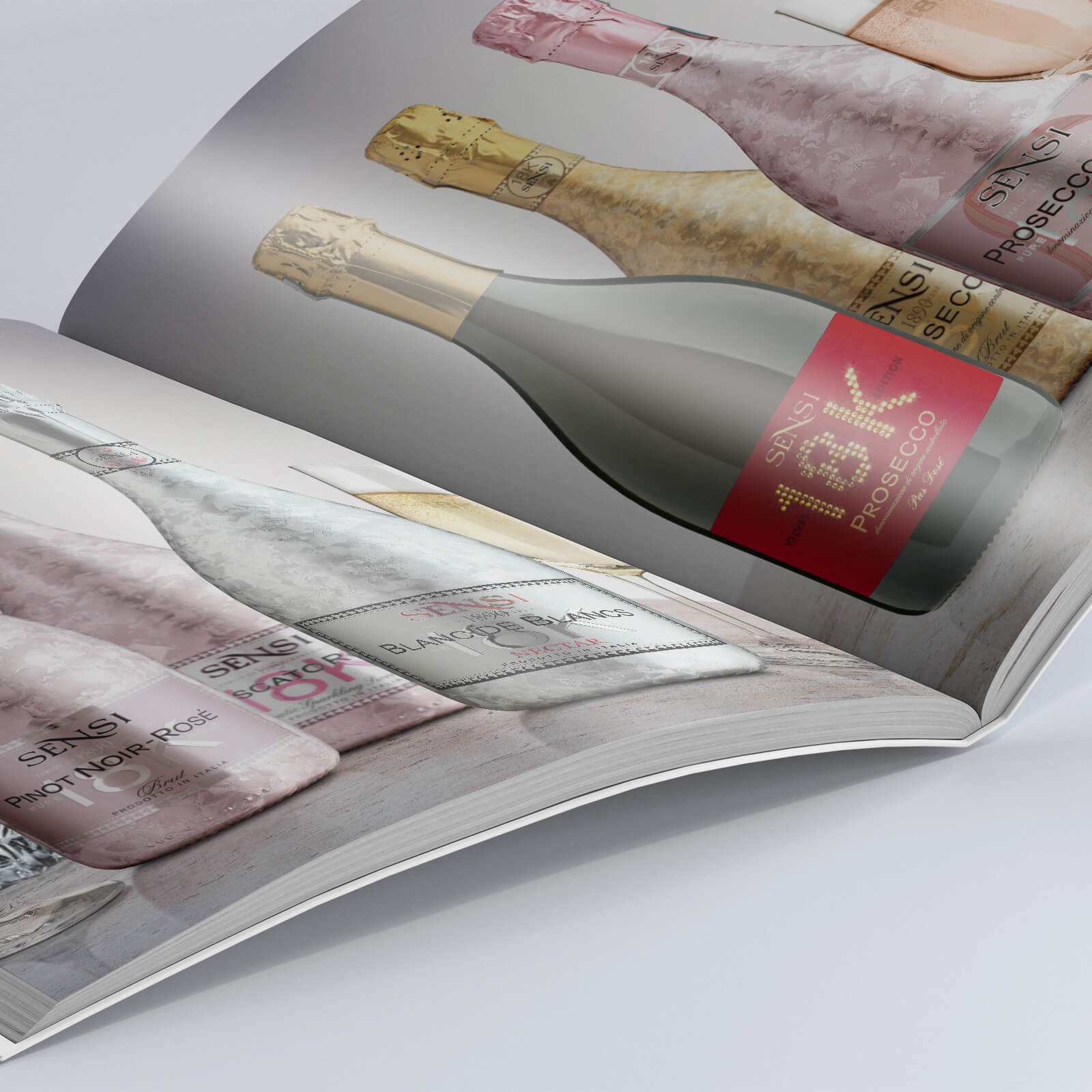
PROWEIN 2023
The 18K Luxury Sparkling Wines Line
The company’s mission in the «18K Luxury sparkling wines» line is embodied by the desire to raise the quality level of sparkling wines while also striving to help global consumers understand these wines, bringing them closer through excellent value for money and iconic bottles with consistently cared for signature packaging. In 2023, Sensi wants to explore new frontiers of flavors focusing on terroir and to continue its commitment to environmental sustainability, which remains a fundamental goal. «We are a winemaking family with more than 130 years of history that has passed on key principles from generation to generation such as integrity, passion, a sense of balance, and ultimately different visions of lifestyles, applied to winemaking.” The best expression of this concept is the 18K line, where fashion, glamor, and a touch of the ‘70s are revitalized in classy bottles with a unique and unmistakable design to accompany the enveloping and persuasive taste of the Sensi wine’s bouquet.
To learn more, visit 18K Sensi luxury wines
CURRENT EVENTS
The implications of climate change in recent years: challenges and solutions
In the wine industry, the greatest challenge in recent years has undoubtedly been the one related to climate change. Global warming has led to the need for new choices and approaches in the wine industry to cope with the present and future of wine.
We discussed this with Massimo Sensi and winemaker Lorenzo Landi, who told us how things stand.
What did climate change in recent years entail?
«There have been two real consequences: increased temperature and plant water stress. In fact, today, we are seeing a change in rainfall during the vine growing season, which in Mediterranean regions is decreasing. This results in a lower production yield, reduced plant fertility, increased alcohol content and decreased acidity and aromatic freshness. The key effect depends not on increased temperature and decreased rainfall but on earlier ripening. As a result of the change, ripening occurs about ten days earlier. It is in a period with higher temperatures and higher water stress, thus multiplying the effect of climate change and variations.»
From a winemaking point of view, what does this mean?
«All this leads to more oxidative, powerful, and alcoholic wines that will last less over time. But climate is not the only culprit of this. Other participatory elements were the changes made in the 1980s in viticulture and winemaking — from southern exposures to a preference for early vines, increased planting densities, etc. — to produce more powerful, concentrated, and colorful wines. This was done in homage to American critics and the fashion back then.”
So, a combination of several factors led to today’s challenges. What are the possible solutions?
«Yes, combining all these factors led to the current situation. In Tuscany, for example, in the past, Sangiovese was harvested past the first half of October. Now, it is often harvested in the first half of September, more than 20 days in advance. Part of this can be attributed to climate change and part to changed viticultural techniques. What to do for the future? Surely it will be necessary to change some of these practices. Nowadays, they are no longer effective and are often counterproductive. It will be necessary to use more reductive techniques by finding ways to delay ripening to bring it back to a stage with more moderate temperatures to avoid “cooking” the aromas of the grapes. The road is certainly complex, and greater support from research agencies in this regard will also be of vital importance.”
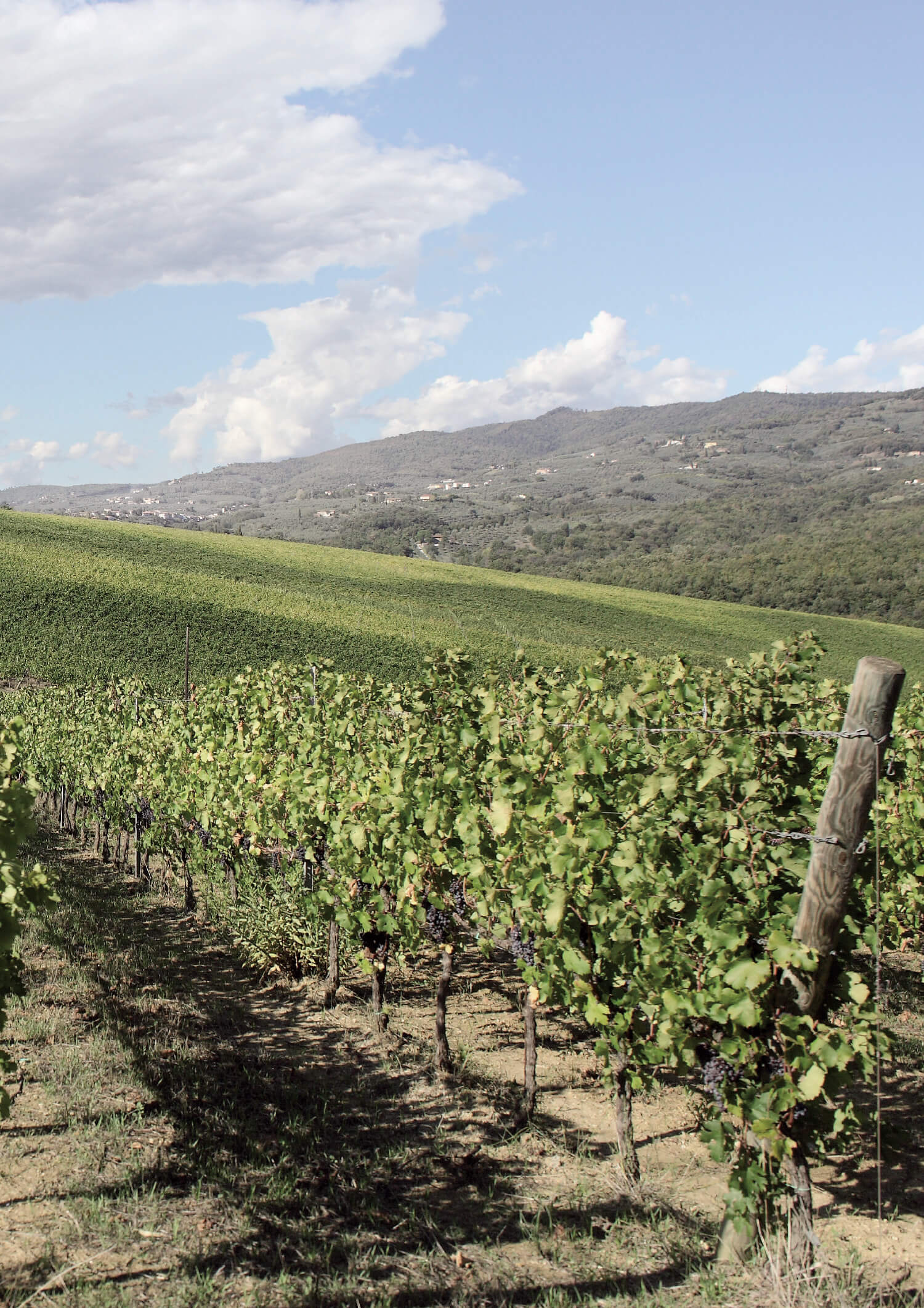
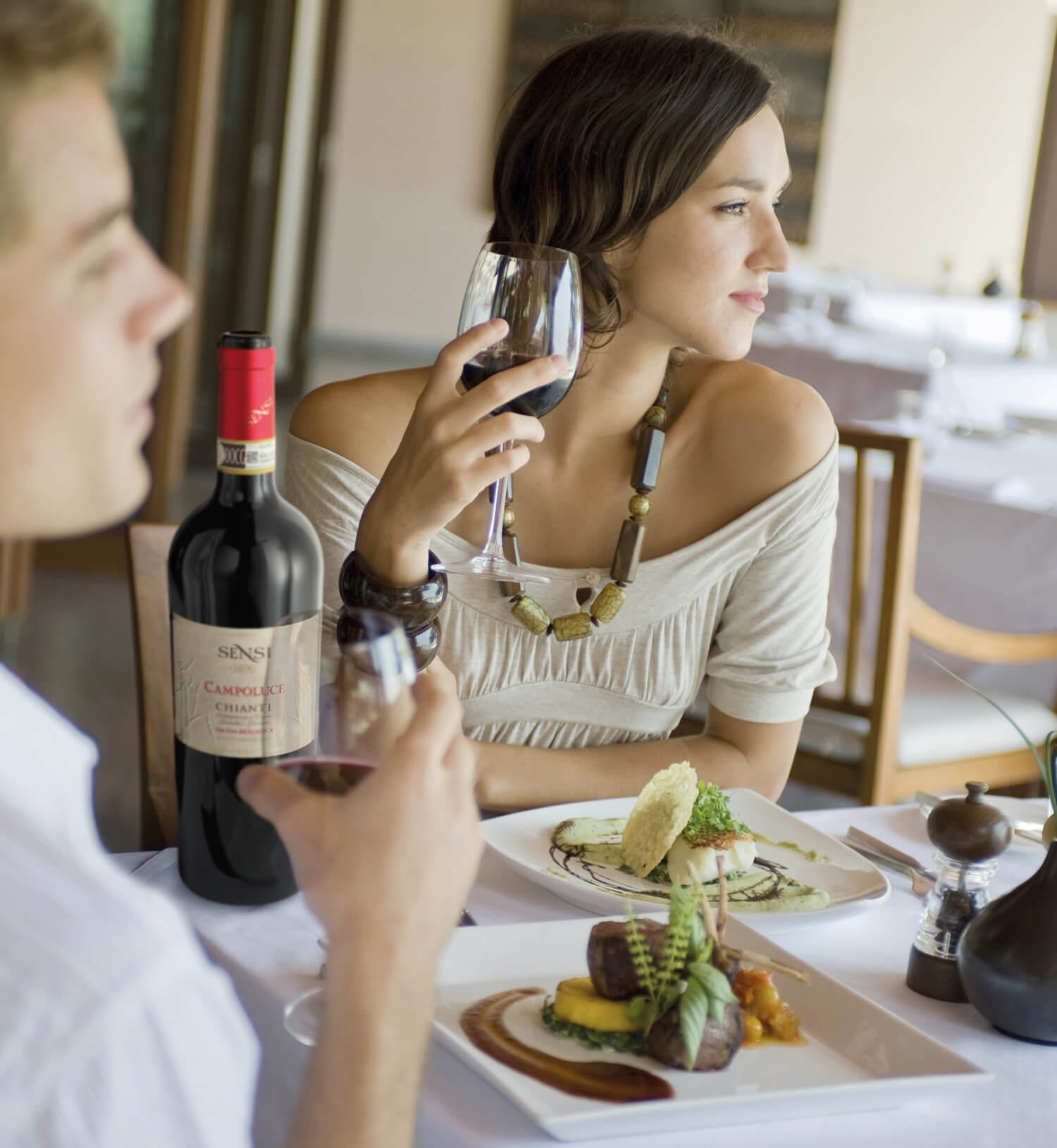
OUR OPINION
The future of wine is in cultural drinking education
Brussels approved the «health alerts» regarding health risks on labels that will put wine and spirits in a similar category to cigarettes, despite negative opinions from Italy, France, Spain, and six other EU states. A small glimmer of hope comes from waiting for the statement of the World Trade Organization. In fact, the green light is not final: now Ireland will also have to be cleared by the World Trade Organization, as this legislation is also a barrier at the international level. This process is expected to take about 60 days.
In our opinion, although there will undoubtedly be initial repercussions, and although it is unacceptable to consider mere alcohol a product that is the culture and history of our country, we cannot escape the evolution. And if this is the decision, we will take note but continue to carry on the culture of wine with dedication and positivity.
What, in our opinion, should be done is not so much blame a product that, if consumed sensibly, does not cause any harm to health, but to invest in cultural and technical communication, to spread a more profound knowledge of the product, so that the consumer is aware and conscious, and can manage consumption with self-control. We respond to those who blame wine without pointing fingers but by opposing such blame through proper communication, continuing to tell its story, tradition, and uniqueness. Wine is a product that has always accompanied man and that, unlike mere alcohol, represents an essential piece of our culture and identity.
